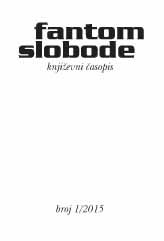
Mamutica - komedija u trinaest nesretnih prizora
A play by Kristina Gavran: Mamutica - komedija u trinaest nesretnih prizora
More...We kindly inform you that, as long as the subject affiliation of our 300.000+ articles is in progress, you might get unsufficient or no results on your third level or second level search. In this case, please broaden your search criteria.

A play by Kristina Gavran: Mamutica - komedija u trinaest nesretnih prizora
More...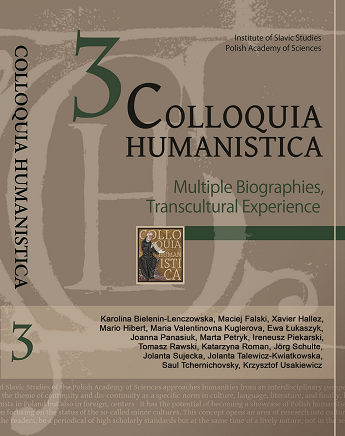
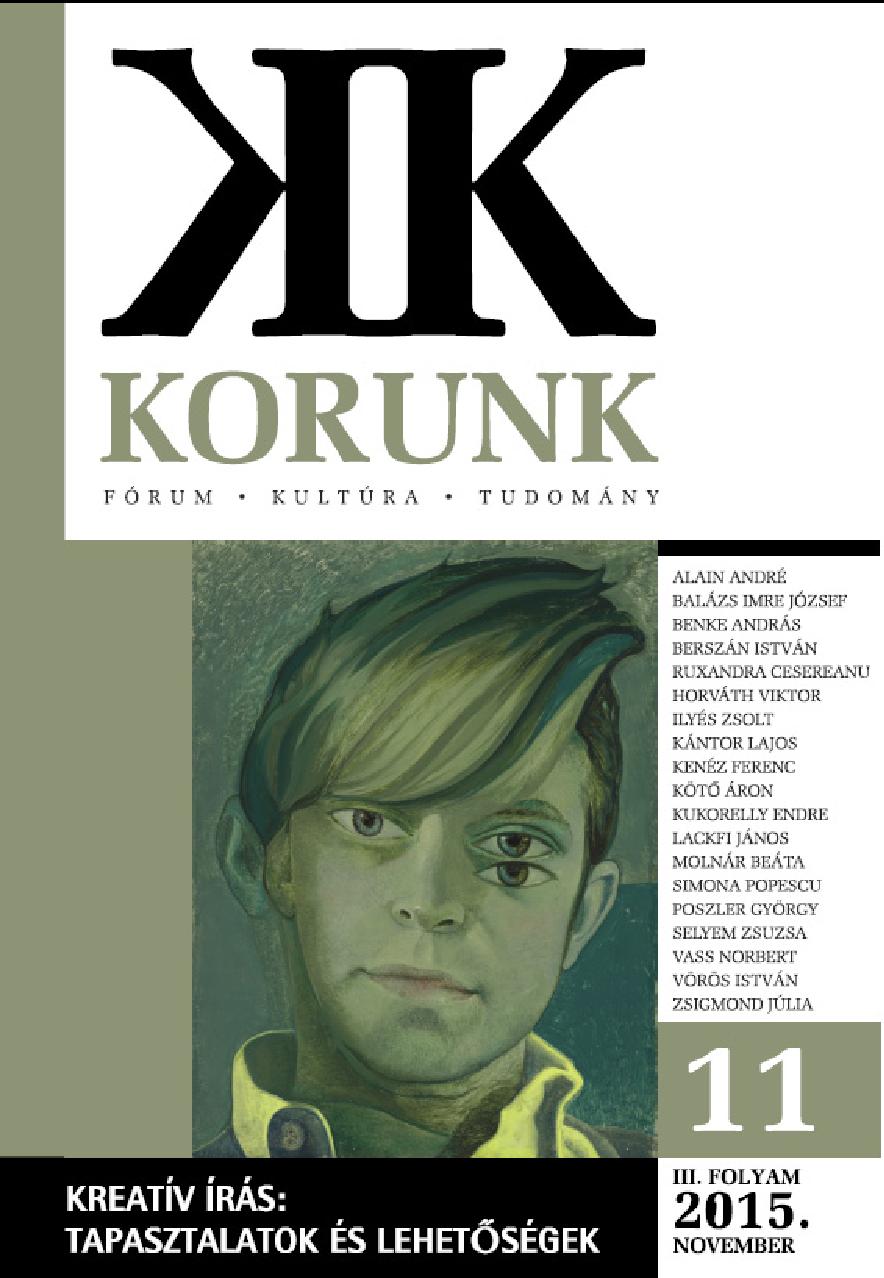
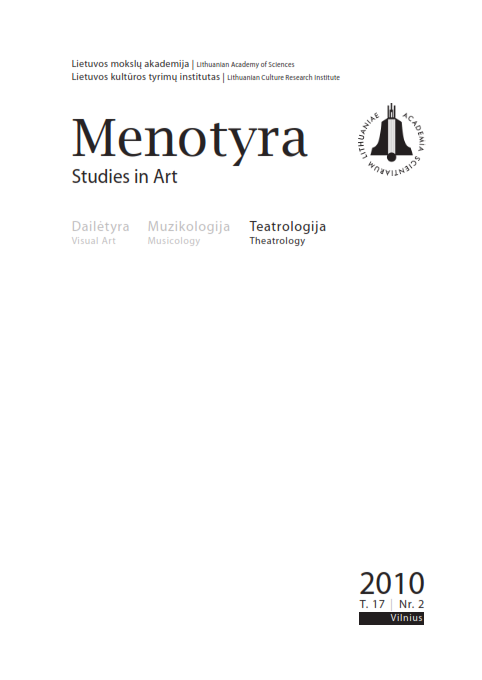
The problem of relationship between performance and the text of drama is discussed in the article. This problem is being interpreted and analyzed since the very end of the 19th century when theatre started looking for its sources and roots, when vanguard theatre streams abolished the dependence of the scenic art on literature and word, and the performance acquired the status of independent work of art with its autonomous system of signs, and the literature basis started to be changed or even radically rejected. Although there are traditional theatres in the contemporary world as well, the post-modern, vanguard and anti-literature theatre is dominating in the international theatre festivals. It is being influenced by other artistic fields and supported by critics and producers of these festivals. Close to the traditional dramaturgy is the “new drama” – the kind of absurd drama, which influenced the birth and development of the new theatre. The relationship of both vanguard and traditional dramaturgy with contemporary theatre is complicated and needs a comprehensive observation and analysis. The Lithuanian theatre of the 21st century, absorbing many features of the vanguard and post-modern theatre, often uses the dramaturgy for creating autonomous meanings of the performance and influences contemporary Lithuanian playwrights. The structure and verbal expression of contemporary plays is often being programmed as the raw material for the scenic work of art.
More...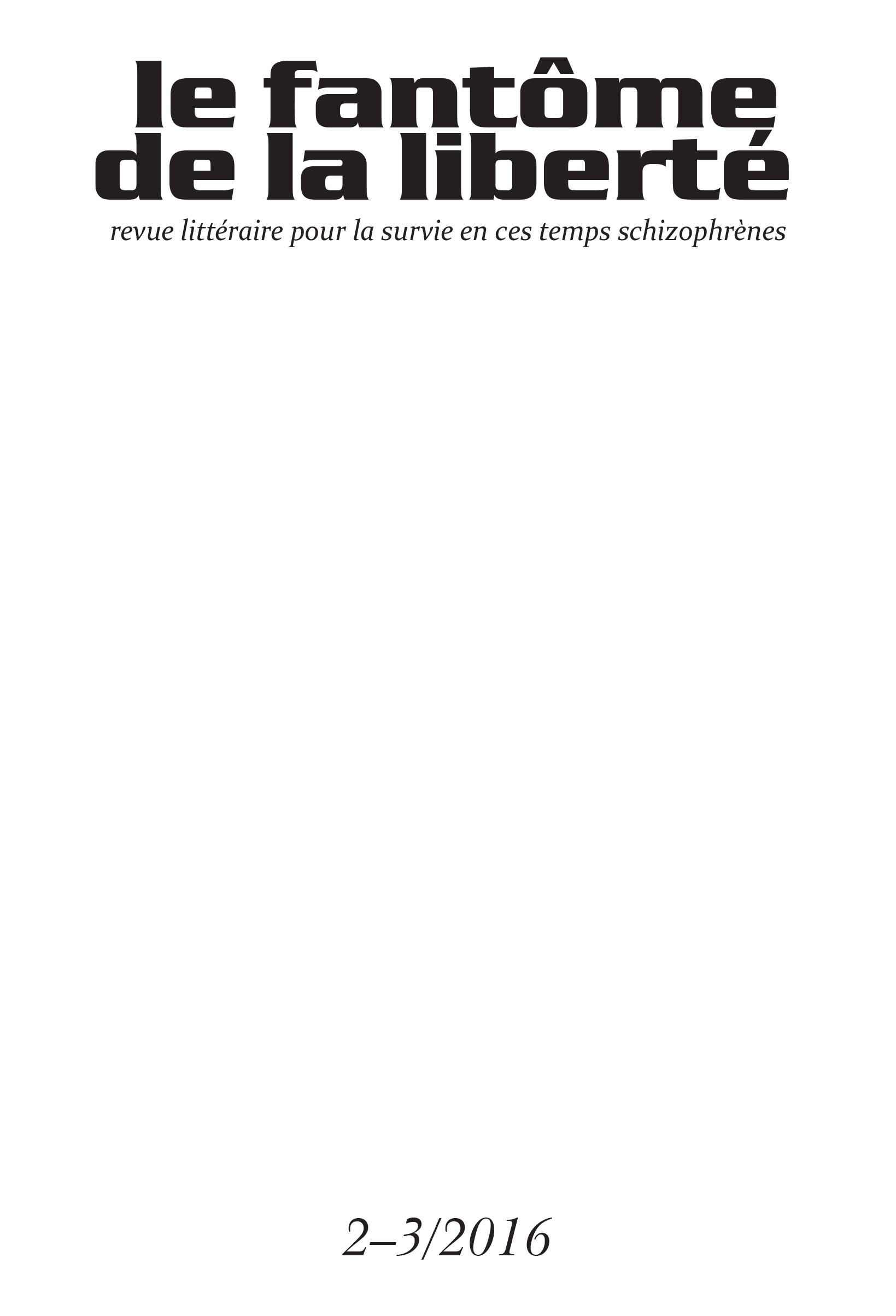
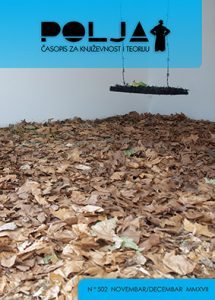
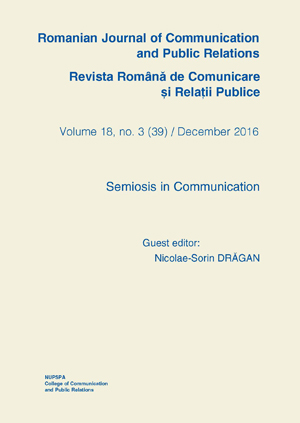
This article tackles the means of theatre space reconfiguration in the apartment theater (lorgean theater), simultaneously analyzing the relation between public and private specific to this form of art. Structured around both a theoretical analysis and a qualitative empirical investigation, this paper emphasizes the traits of the theatre space as component of an artistic product received by the audience, and its value in the process of artistic production, within the theatre sector. The case study of lorgean theater, including a participant observation and an individual interview, enables the understanding of these two aspects of the spatial configuration, emphasizing its hybrid nature in terms of spatial configuration and the public-private relation as well as the act of reappropriation of the domestic space through an alternative practice of theatre consumption.
More...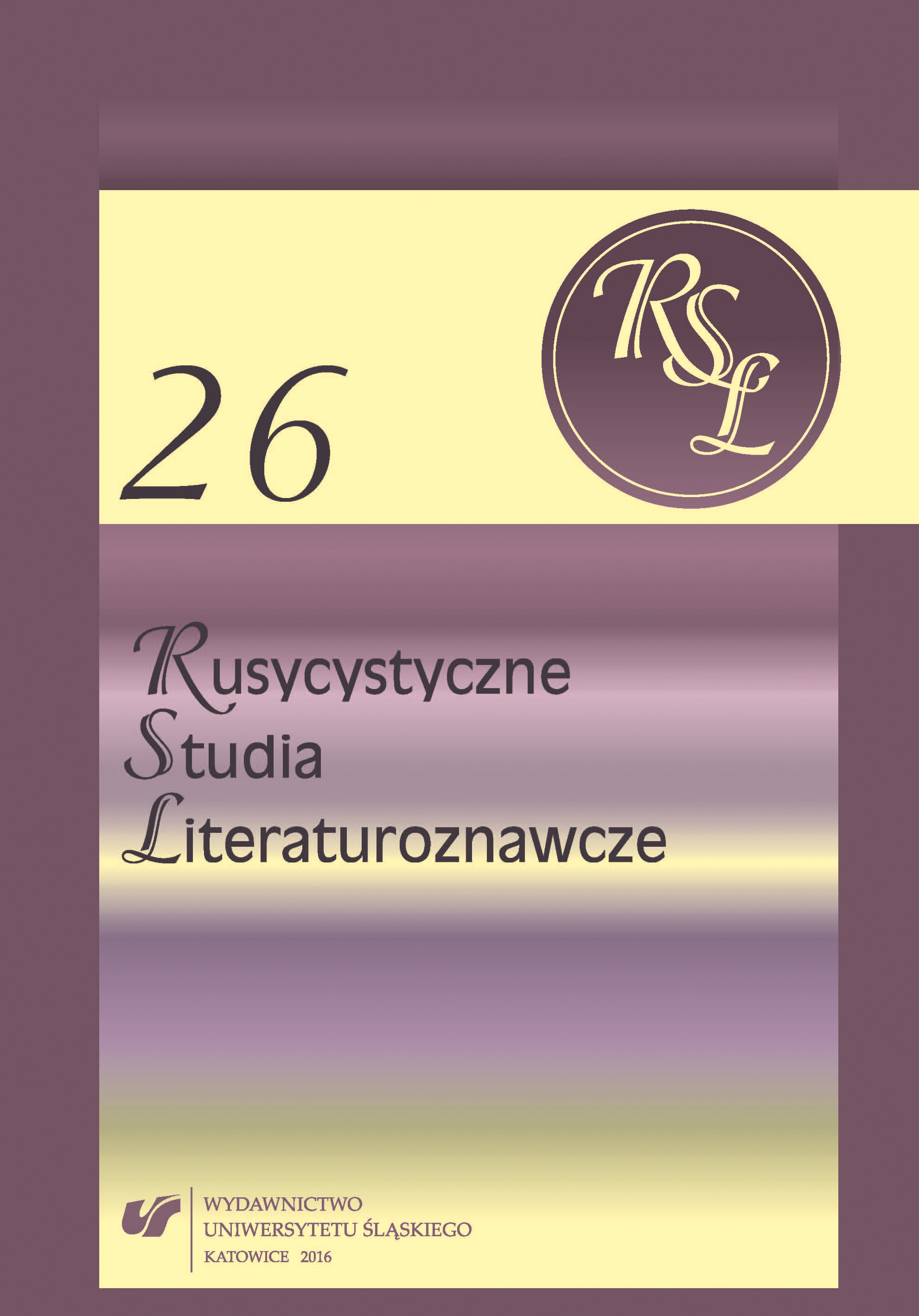
The author attempts to specify the facts related to the publications and the reactionof criticism to the first dramatic writings by Czekhov. The young author had to break the old canons of dramatical art, which led to a strong reaction of the supporters of the traditional understanding of drama. This is exemplified by the history of the “Ivanov” performance.
More...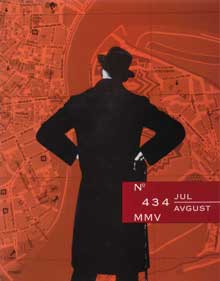
I šta? Dobro ti je?... Onda u redu. Volim kad ti je dobro. I meni je tad odmah bolje... Volim taj smešni izraz na tvom licu... Na mojoj masci... Zaista, tada izgledaš vrlo zanimljivo. Moja presvlako. Moj kontakte sa svetom. Moj... Ne. (gledalištu) Inače se ne bi moglo reći za nas da smo prijatelji. Živimo zajedno, i to je sve.
More...
"– Imate li nekih problema? – Teško je, Sveti Oče. Na{i problemi su uobičajeni za poljoprivrednike. – Koliko hektara? – 11, ali sa prelepim pogledom. Imamo jednu pošumljenu goru. Kad se popnem na nju, vidim na{u crkvu celu. A kad sunce zalazi, Sveti Oče, onda je ona najlepšte osvetljena.
More...
MAREK: Već dva meseca nismo dobili plate. EVA: Izgleda da je vreme da se potraži novi posao, zar ne? MAREK: Vidiš, u ovom jebenom gradu to nije tako prosto. EVA: Pokazujući na TV nešto o neredima? MAREK: Poslednje emitovanje je bilo pre sat vremena. EVA: Veruješ li im? MAREK: Da, ali samo to što su govorili o porodici toga dečaka, eee... EVA: Kurvari... MAREK: Svi bi želeli samo "energična delanja".
More...
KOŽA: Snažan sam, osećam se sjajno. Bože, na kakvom sam putovanju bio. Putovanju po sopstvenoj sobi. Obišao sam svoje imanje. Kupao sam se u kadi, uz pratnju lastavič jeg kreštanja. Bilo je tako lepo... Očajnički se hvatam za razne pokrete, gestove, kojih se još sećam. Na primer, taj gest...
More...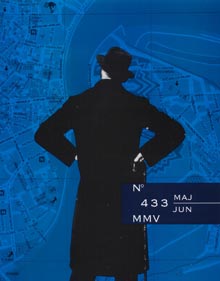
LUCIJA u sobi menja posteljinu. Namešta čaršav, staje kraj prozora, vidi dvorište. PJOTREK se penje na kamaru drva i pokušava da tu postavi hranilicu za ptice. Dolazi JACEK, kuca kraj PJOTREKA, razgleda hranilicu, pomaže mu da je učvrsti za panj.
More...
Na sceni je samo TRETIN, elegantno odeven. Drži buket cveća. Stoji. Baca pogled na sat, razgleda okolo. Očekivanje se nastavlja, pa TRETIN prilazi stolu, kako bi nasuo čašu soka. Gurnuo je tacnu sa priborom za jelo, koja se sa treskom srušila na podlogu. U tom trenutku otvaraju se vrata – upada ROBAL (takođe sa cvećem). Primećuje TRETINA i prilazi mu energično. Začuđujuće je "ponesen".
More...
DŽONI: Hej, Agnes. AGNES: Hej, Džoni. (DŽONI se naginje nad AGNES. Ljubi je u znak pozdrava.) DŽONI: Šta radiš, ljubavi? AGNES: Zar ne vidiš? Pišem članak pod naslovom: "Gde se u Varšavi najbolje vrši velika nužda"!
More...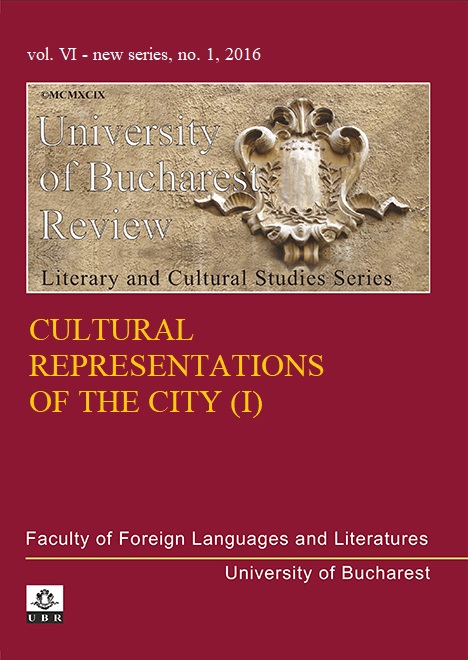
The aim of the article is to show similarities between representation of thecity in two texts of American romantic authors, Herman Melville and NathanielHawthorne, and two dramas of Tennessee Williams, a playwright of the post WWIIera. While it is a well-known fact that writers contemporary to Williams, such as AllenGinsberg or Saul Bellow, reached back to romantic tradition for literary inspiration,not much is known about the extent to which American playwrights were influencedby American romantic men of letters. The main purpose of the present article is to tryto show that the romantic opposition between urban spaces and natural environmentis present in plays by Tennessee Williams.
More...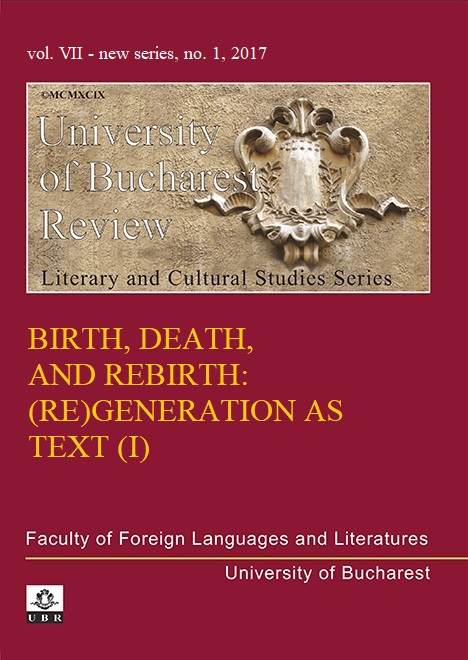
The aim of this paper is to elevate the psycho geography of Venice, Cyprusand Barbery to discourse and mentality, to the characters’ use and reception of language: that of denotation (of law, order and logic), that of connotation (of enchantment, storytelling and wild passions). It attempts to explain how the lack of connotative awareness in some characters, like Desdemona, Othello, Roderigo,Emilia, Cassio, leads to their undoing. Birth, death and rebirth refer to the way in which some characters’ discourse (Iago’s, Othello’s) takes them to their destiny.Venice and the island of Cyprus are spaces in apparent opposition: an orderly one (Venice) and a wild one (Cyprus). Having reached its highly refined merchant society, architecture and Apollonian political organisation of Signoria by skilful,cunning politics, wars and commerce, riches looted or earned from the world, Venice has a hidden part of what Cyprus stands for in this play: bursting passion and violence and meandering discourse.The Venetian leaders’ rhetoric deals with denotation, law and order, the language of the literal word perceived as the only possible truth- unquestionable,undoubted in political decisions, matters of war, military strategies. Its argumentation contains logos and ethos: the masculine language of the power of the sword Othellois respected for and proud of. Il Doge, Iago, Roderigo, Cassio, senators know this language. That is why all men trust Iago’s words, without realising that in the city, at court, there is another type of battlefield with a different war weapon: the connotative discourse, full of pathos, flattery, double meanings, cheating and enchanting words.The Renaissance appreciated the power of rhetoric, more agile than the sword, able to tame and civilise, but with Iago, William Shakespeare warns about the dangerous side of rhetoric, its Cyprus violent manipulative damaging strategies of gaslighting, its Iagoism.
More...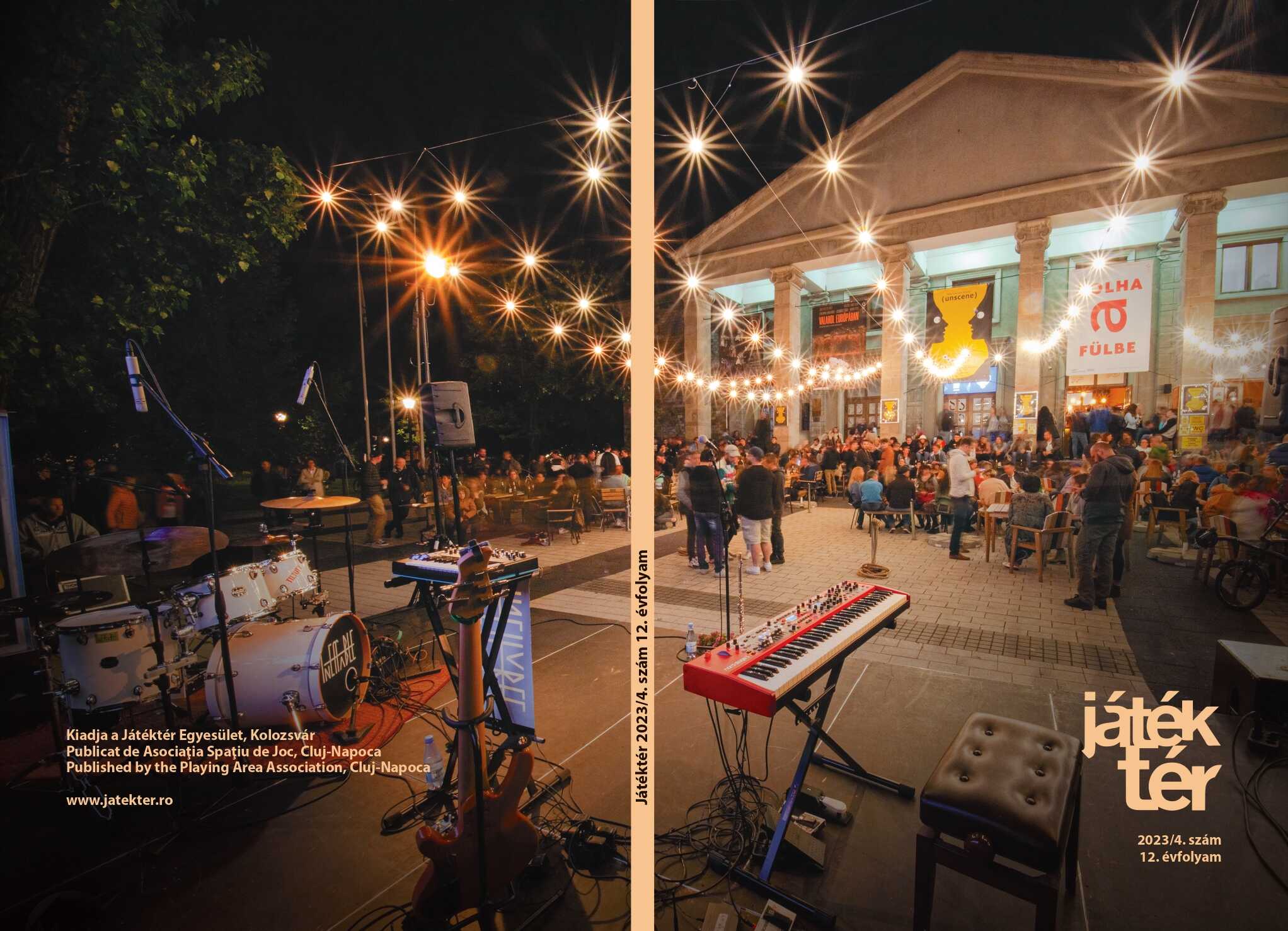
The scene entitled Syrup is a punchy story based on a real-life situation, in which a Szekler family discusses what kind of syrup each of them likes. The scene was created as an exercise in playwriting at a master’s course of the Târgu Mureș University of Arts.
More...
“I forgot”, a fictionalisation of a real case inspired by the story of a kid from a small city in Romania, Galați, who was isolated by his mother in a garage and raised to believe that he is the reincarnation of Jesus Christ. A story about memory, affection, about things that we thought we forgot, but that always follow us. A coming of age that starts from Galați, arrives in Berlin and makes one last stop in Bucharest. A story about our need to be significant, about the little everyday messianism, about what is left after the first love, about the power of the projections of others on our life.
More...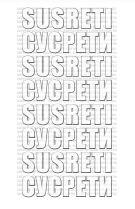
Drama by Vule Žurić:"Светозар Ћоровић – Талац земље хиришиме".
More...